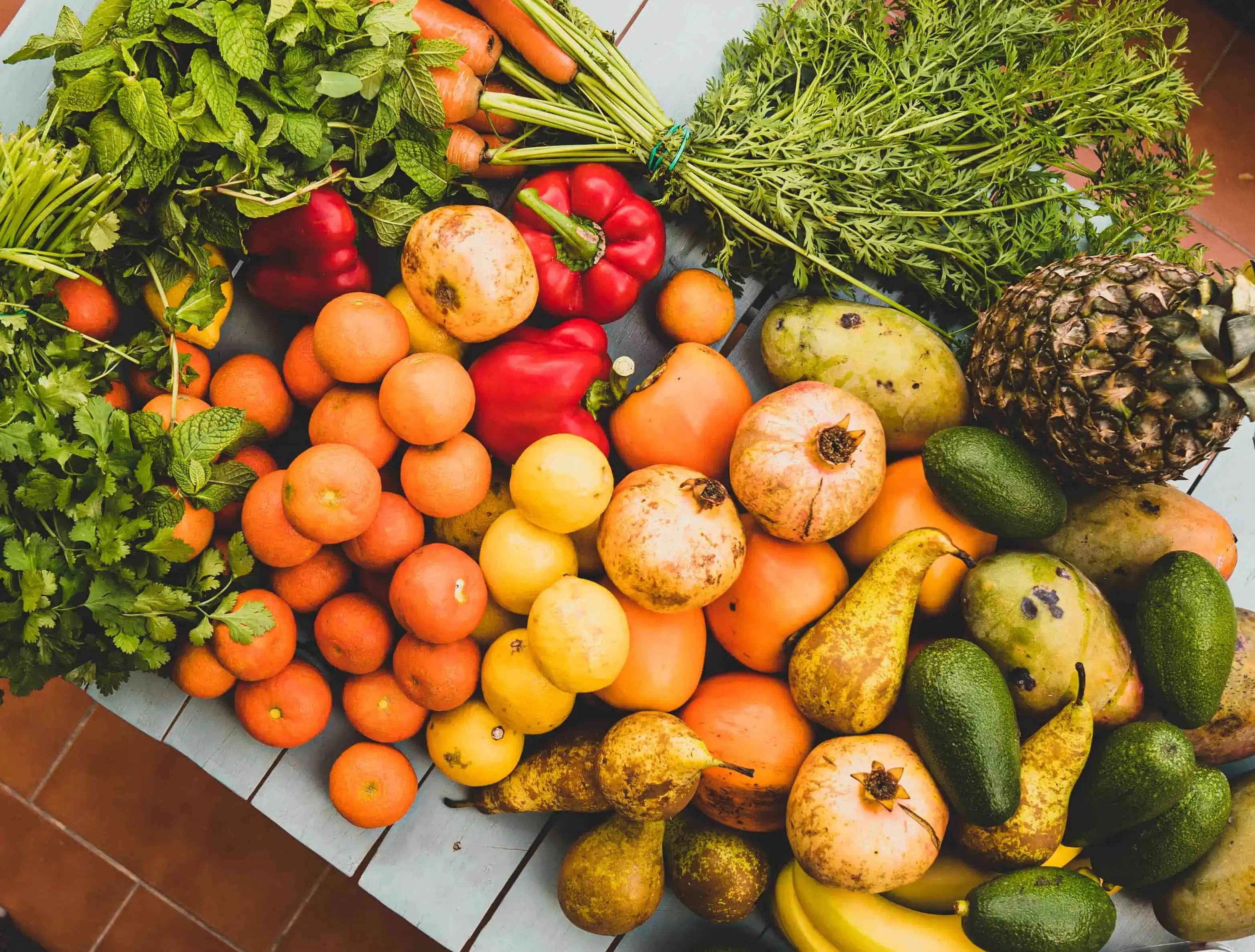The Role of Hydration in Weight Loss: How Water Can Boost Your Metabolism

Embarking on a weight loss journey involves more than just watching calories and hitting the gym. Surprisingly, one of the most powerful allies in your quest for a leaner, healthier you is readily available and calorie-free – water. In this guide, we'll delve into the pivotal role of hydration in weight loss, unveiling how this simple, accessible elixir can boost your metabolism and accelerate your fitness goals. Let's hydrate our way to a healthier, slimmer you with step-by-step guidance in a clear, instructional, and friendly tone.
Understanding the Link Between Hydration and Metabolism
The Science Behind It:
The link between hydration and metabolism is a critical aspect of human physiology. Metabolism refers to the complex set of chemical processes that occur within the body to maintain life. These processes include the conversion of food into energy, the elimination of waste products, and the maintenance of various bodily functions. Hydration, on the other hand, involves maintaining an adequate balance of water in the body.
The relationship between hydration and metabolism is multifaceted and plays a crucial role in overall health. Here are some key points to understand this connection:
Water as a Solvent: Water is often referred to as the universal solvent because many metabolic reactions occur in a watery environment. Enzymes, which are essential for various metabolic processes, function more efficiently in a hydrated state. Water helps dissolve and transport nutrients, facilitating their absorption and utilization in metabolic pathways.
Thermoregulation: Adequate hydration is essential for maintaining body temperature through processes such as sweating. When the body is dehydrated, it can compromise its ability to regulate temperature, potentially affecting metabolic rate. The body may need to work harder to cool itself down, leading to an increase in energy expenditure.
Cellular Metabolism: Within cells, water is crucial for the functioning of organelles, including the mitochondria, often referred to as the "powerhouses" of the cell. Mitochondria are responsible for energy production through aerobic respiration, a process that requires water. Proper hydration supports optimal cellular metabolism and energy production.
Transport of Nutrients and Oxygen: Water is a key component of blood, which transports nutrients, oxygen, and hormones throughout the body. Efficient nutrient transport is essential for metabolic processes, and adequate hydration ensures the smooth flow of these substances.
Appetite Regulation: Some studies suggest that staying well-hydrated may help regulate appetite and support weight management. Dehydration can sometimes be misinterpreted by the body as hunger, leading to increased food intake. Drinking water before meals may contribute to a feeling of fullness, potentially reducing calorie intake.
Detoxification: Hydration is essential for the elimination of waste products from the body, primarily through urine. Proper hydration supports kidney function and helps remove metabolic byproducts and toxins, contributing to overall metabolic health.
Water as a Natural Appetite Suppressant
The Power of Pre-Meal Hydration:
Drinking water before meals can act as a natural appetite suppressant. Consuming a glass of water before sitting down to eat can create a sensation of fullness, leading to reduced calorie intake during the meal. This simple habit can be a game-changer in managing portion sizes and, consequently, shedding excess pounds.
Optimal Hydration for Exercise Performance
Hydration for Workouts:
Staying hydrated is crucial during exercise, but did you know it can also enhance your workout performance, contributing to more effective weight loss? Proper hydration aids in maintaining energy levels, preventing fatigue, and optimizing your body's ability to burn calories during physical activity. Make it a habit to drink water before, during, and after your workouts.
Choosing Water Over Sugary Alternatives
Ditch the Empty Calories:
When aiming for weight loss, it's essential to be mindful of beverage choices. Opting for water over sugary drinks reduces calorie intake and supports your body's hydration needs without the added sugars that contribute to weight gain. This simple switch can make a significant impact on your overall calorie balance.
Establishing a Hydration Routine
Sip Smartly Throughout the Day:
Establishing a hydration routine is a fundamental aspect of maintaining overall health and well-being. A consistent and thoughtful approach to hydration can have far-reaching benefits for various bodily functions, including metabolism, cognitive function, and physical performance. Here, we delve into key considerations and practical tips to help you build and maintain an effective hydration routine.
Understanding Individual Hydration Needs: Before establishing a hydration routine, it's crucial to recognize that individual hydration needs can vary based on factors such as age, weight, physical activity levels, climate, and overall health. Tailoring your hydration routine to your specific requirements ensures that you meet your body's unique demands for water intake.
Setting Daily Hydration Goals: To maintain optimal hydration, set daily water intake goals that align with your individual needs. The National Academies of Sciences, Engineering, and Medicine recommends a daily water intake of about 3.7 liters (125 ounces) for men and 2.7 liters (91 ounces) for women, including fluids obtained from all beverages and foods. Adjust these guidelines based on factors like exercise intensity and environmental conditions.
Timing Matters: Distribute your water intake throughout the day rather than consuming large amounts at once. Consider incorporating water into your daily routine by drinking a glass upon waking up, before meals, and before bedtime. This helps maintain consistent hydration levels and supports various bodily functions.
Incorporating Hydrating Foods: Remember that hydration doesn't come solely from beverages. Include water-rich foods in your diet, such as fruits (e.g., watermelon, oranges), vegetables (e.g., cucumbers, celery), and soups. These foods contribute to overall fluid intake and provide essential vitamins and minerals.
Hydration and Physical Activity: Tailor your hydration routine to your exercise regimen. Drink water before, during, and after physical activity to compensate for fluid loss through sweat. The American Council on Exercise recommends consuming 17-20 ounces of water 2 hours before exercise, 8 ounces 20-30 minutes before, and 7-10 ounces every 10-20 minutes during exercise.
Mindful Hydration: Practice mindful drinking by paying attention to your body's signals of thirst. Sometimes, thirst can be mistaken for hunger. Keep a reusable water bottle with you throughout the day as a visual reminder to stay hydrated. Listen to your body's cues, and sip water consistently rather than waiting until you feel extremely thirsty.
Conclusion: Hydration, Your Weight Loss Wingman
In conclusion, the journey to weight loss can be amplified by the simple yet profound act of staying hydrated. From boosting metabolism to serving as a natural appetite suppressant, water plays a multifaceted role in supporting your fitness goals. By understanding the science, making conscious beverage choices, and establishing a consistent hydration routine, you empower yourself on the path to a healthier and slimmer you. So, grab that water bottle, sip mindfully, and let hydration be your steadfast companion in the pursuit of a more vibrant and active life. Cheers to a well-hydrated and healthier you!


